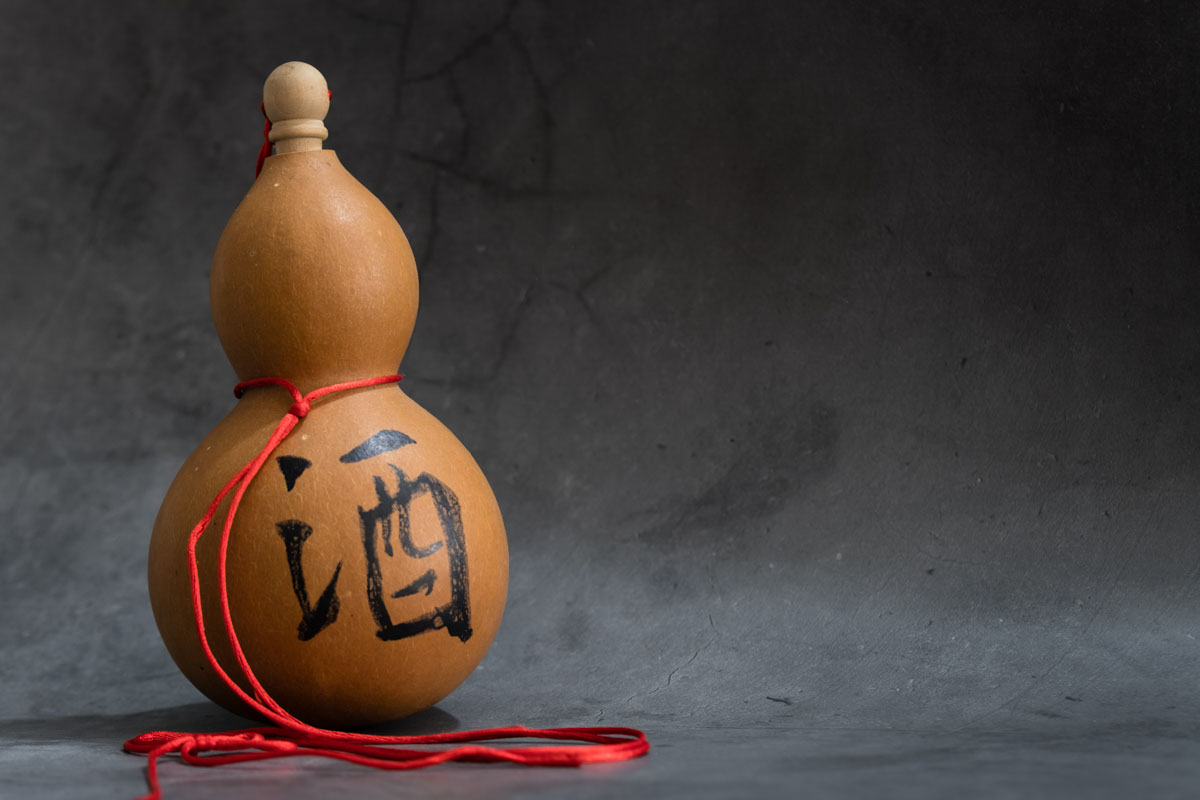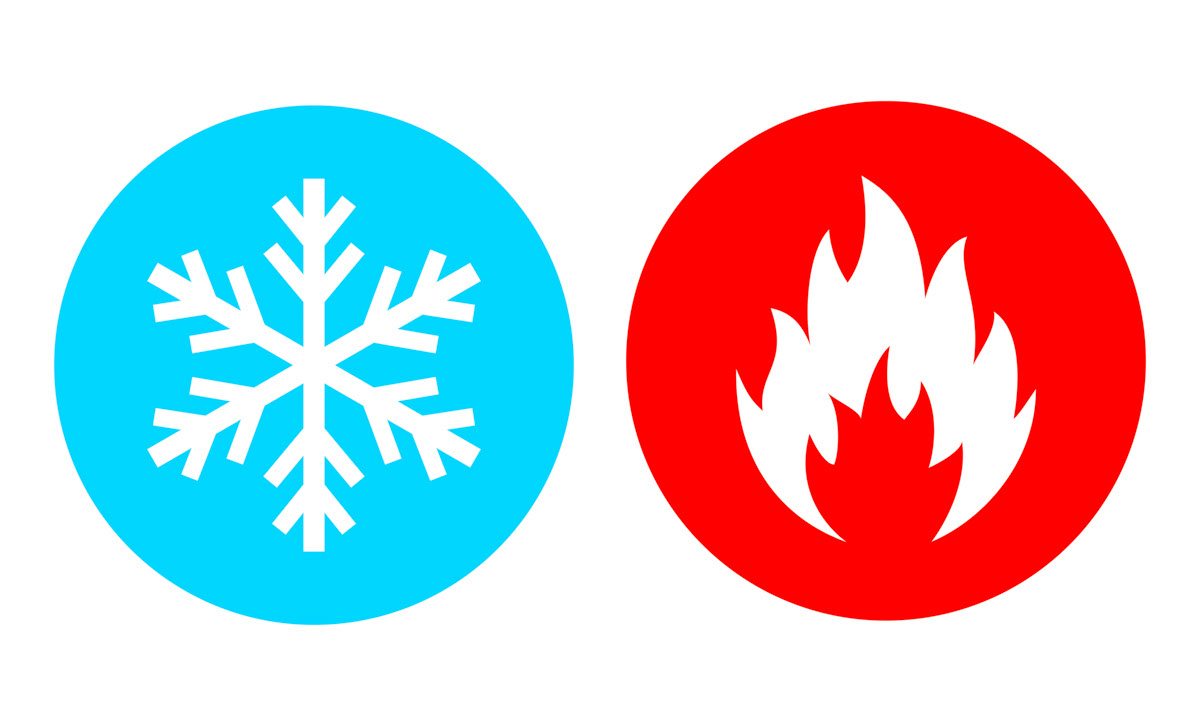How Does Traditional Chinese Medicine View the Causes of Diseases?
(I) What are external causes, internal causes, and non-internal and external causes?
(II) What are the Six Excesses?
(III) Can emotions cause disease?
(IV) Can diet cause disease?
(I) What are external causes(外因), internal causes(內因), and non-internal and external causes(非內外因)?
The cause of disease refers to the factors that lead to illness in the human body. Traditional Chinese medicine divides the causes of disease into external causes, internal causes, and non-internal and external causes:
1. External causes - external pathogenic factors, such as abnormal changes in weather factors like wind, cold, summer heat, dampness, dryness, fire, etc (風、寒、暑、濕、燥、火等. Or epidemic qi (疫癧之氣), such as the contagious qi of plague, etc.
2. Internal causes - include the seven emotions of the human body, specifically excessive or abnormal emotions of joy, anger, anxiety, thought, sorrow, fear, and shock(七情:喜、怒、憂、思、悲、恐、驚); diet, such as overeating or food cravings, etc.; fatigue, including physical overexertion, mental labor, physical labor, and sexual overindulgence, etc.
3. Non-internal and external causes - refer to the causes of disease caused by trauma, poisoning, etc.
In the theory of etiology, traditional Chinese medicine is characterized by diseases caused by external climatic factors and internal injuries caused by seven emotions, which are related to modern disciplines such as chronomedicine, meteorological medicine, and medical psychology.

(II) What are the Six Excesses(六淫) ?
In nature, wind, cold, heat, dampness, dryness, and fire (風、寒、暑、濕、燥、火)are six different climatic changes, called "six qi"(六氣).
"Excesses"(淫) refers to abnormal changes. Therefore, "Six Excesses"(六淫) refers to the abnormal changes of these six qi(六氣), which become pathogenic factors and harm the human body. For example, when spring comes, the climate should be warm but it can be cold; when autumn comes, the temperature should be cool but can be hot. There can also be sudden cold and extreme heat all belonging to abnormal changes. If the body cannot adapt immediately, it will lead to the occurrence of disease. Or when the body's healthy qi is insufficient and resistance is reduced, the qi of wind, cold, heat, dampness, dryness, and fire will make use of the opportunity and cause disease. The six qi (六氣) in this situation are also called "Six Excesses"(六淫). Since the Six Excesses are abnormal climates, they are also called "Six pathogens"(六邪).
The Six Excesses cause disease, often invading the surface of the human body, or entering through the mouth and nose, hence the term "external exogenous factors"(外感六淫). The resulting diseases are collectively referred to as exogenous diseases(外感病).

(III) Can emotions cause disease?
Traditional Chinese medicine categorizes human emotions into seven types, known as the "seven emotions"(七情): joy, anger, anxiety, thought, sadness, fear, and shock. When these mental activities are too intense, persistent, or unbalanced, they can cause dysfunction of the viscera, bowels,qi and blood, leading to disease.
For example, excessive joy can lead to the dispersion of heart qi(心氣喚散), like in the case of Fan Jin(範進), who, due to sudden joy(he succeeded in the Government examination), became mad. This is a manifestation of the heart qi not converging(心氣不歛神). Another example is that long-term sadness can weaken the lung qi and affect the five viscera. Like Lin Daiyu(林黛玉)(a character in the famous Chinese novel Dream of the Red Chamber), because of her long-term sadness, her lung and spleen were both weak(肺脾俱衰), making it difficult for her body to recover. These are typical examples of diseases caused by "emotional factors"(情志致病)in traditional Chinese medicine.

(IV) Can diet cause disease?
Traditional Chinese medicine believes that an unhealthy diet is an important factor in causing disease. Unregulated diet, unclean food, or dietary predilection can easily lead to disease.
・Unregulated diet (飲食不節): refers to a lack of regularity in eating, including overeating and irregular hunger. Modern people have a fast pace of life and often overeat or binge eat, which can lead to diseases caused by the difficulty of the spleen and stomach in digesting and transporting food. Mild cases manifest as indigestion and fat accumulation; severe cases can gradually develop into obesity, heart disease, diabetes, etc. due to long-term damage to the spleen and stomach or overnutrition.
・Unclean diet (飲食不潔): refers to the occurrence of diseases caused by eating unclean food. Diseases caused by unclean food are mainly gastrointestinal diseases, usually seen when eating out, due to unclean food causing acute gastroenteritis.
・Dietary predilections (飲食偏嗜) : refers to the occurrence of certain diseases caused by a particular preference for certain types of food or eating certain foods exclusively. For example, people who love to eat cold food and always drink cold drinks are prone to damage the yang of the spleen and stomach, leading to chronic diarrhea. People who love salty food and consume too much salt are prone to high blood pressure, kidney disease, and other diseases.

What are phlegm(痰), retained fluid(飲), and blood stasis(瘀血)?
Phlegm, retained fluid, and blood stasis are common names for symptoms in traditional Chinese medicine diagnosis. They are pathological products formed due to dysfunction of the viscera and bowels(臟腑), essence(精氣), blood(血), body fluids(津液), etc. during the disease process.
Phlegm and retained fluid(痰飲) refer to pathological products formed by the body's water distribution and excretion disorders, which can lead to various diseases. Generally, the thicker ones are called phlegm(痰), and the thinner ones are called retained fluid(飲).
Blood stasis(瘀血) refers to the accumulated blood in the body, or the blood that is not flowing smoothly and stagnates in the meridian vessels or visceral tissues. It can easily obstruct the operation of Qi and is most likely to cause body pain. In addition, due to Qi stagnation and blood stasis, blood circulation is obstructed, which can easily lead to cardiovascular and cerebrovascular diseases.
(January 2022)





